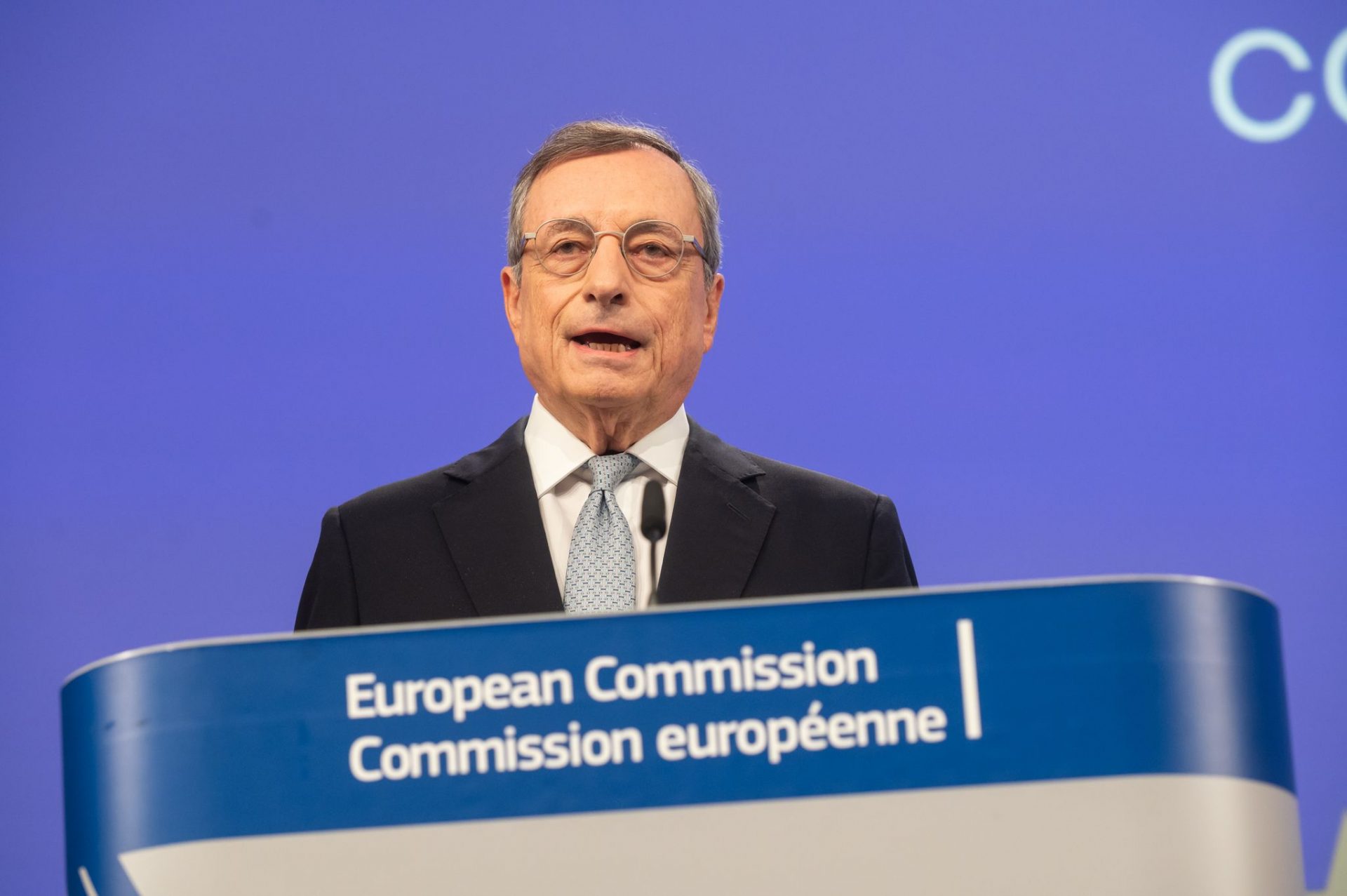
Oviedo – Mario Draghi, former president of the European Central Bank (2011-2019) and president of the Council of Ministers of Italy (2021-2022), has been honored with the Princess of Asturias Award for International Cooperation 2025.
The jury honored Draghi “for being a pivotal figure in defending European integration and international cooperation, recognized widely for his leadership and unwavering dedication to fundamental values and the advancement of the European Union.”
The ruling highlights that throughout his extensive career spanning more than four decades, Draghi “has championed multilateralism, collaboration among member states, and the institutional and economic fortification of the Union, as well as its global role.”
“A symbol of a united, free, strong, and supportive Europe, he has independently and with a long-term outlook defended growth and competitiveness, focusing on three transformations: innovation, decarbonization, and economic security, advocating for common policies on health, energy transition, and digitalization,” the jury noted.
His nomination was put forward by Ricardo Martí Fluxá, a jury member for the Princess of Asturias Award for Social Sciences 2025. This award is the last of the eight international prizes convened this year by the Princess of Asturias Foundation, which is in its XLV edition, with a total of 31 candidates from 13 nationalities considered.
“It is a great honor for me to receive the Princess of Asturias Award,” stated the former Italian prime minister. “I wish to express my deepest gratitude to the Princess of Asturias Foundation for this significant distinction, which reflects the values of knowledge, public service, and international cooperation, and serves as a reminder of our commitment to a united, free, strong, and supportive Europe.”
Career
Mario Draghi was born in Rome on September 3, 1947. He graduated in Economics from the University of La Sapienza in 1970 and pursued further studies at the Massachusetts Institute of Technology (MIT), where he earned his doctorate in 1976. He held professorships at various Italian universities including Trento, Padua, Venice, and Florence. In 1985, he became the executive director of the World Bank, serving until 1990. From 1991 to 2001, he was the director general of the Italian Treasury under ten different administrations.
Following this, he worked at Goldman Sachs as vice president for Europe. In 2005, he was appointed governor of the Bank of Italy and became the president of the European Central Bank (ECB) in 2011, a role he maintained until 2019. In February 2021, amid political instability in Italy, he was asked by the President of the Italian Republic, Sergio Matarella, to form a new government, becoming president of the Council of Ministers, a position he occupied until resigning in October 2022.
Throughout his career as an economist and statesman, he has been recognized as a vital protagonist in advocating for European integration and international cooperation. Nicknamed ‘the savior of the euro,’ his presidency at the ECB was marked by a strong commitment to the stability of the euro and the core values of the European Union (Princess of Asturias Award for Concord 2017).
During the sovereign debt crisis beginning in 2008, his declaration that the ECB would do “whatever it takes” to maintain the euro was a landmark moment that restored market confidence and reinforced the solidarity of the European project. The ‘Draghi Plan’, initiated in 2015 and active until 2018, aimed to lower inflation to the ECB’s 2% target and sustain economic growth across Union countries through the purchase of public and private assets.
Though this plan faced criticism regarding its effectiveness and potential adverse impacts on the financial system, many experts have acknowledged it as a crucial mechanism for saving the European economy during one of its most severe crises. Later, as Prime Minister of Italy, Draghi led a national unity government with a technical profile, backed by parliamentary forces spanning various ideologies, aiming to enact structural reforms and efficiently manage funds from the Next Generation EU recovery program.
In this capacity, he advocated for multilateralism, collaboration among EU member states, and strengthening Europe’s global













Leave a Reply